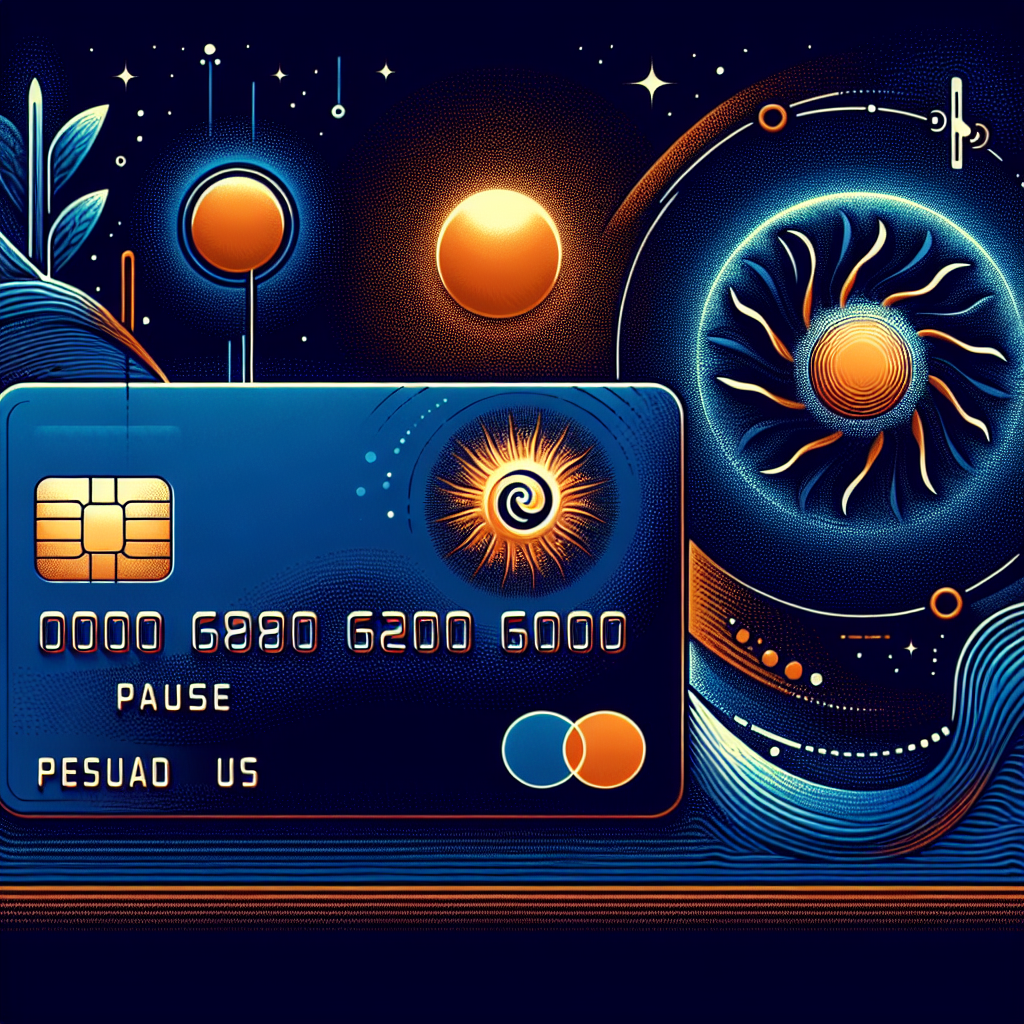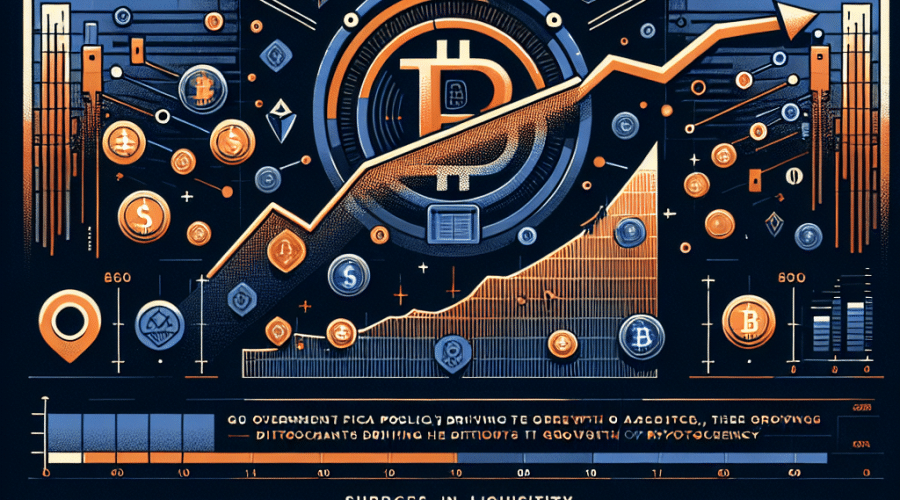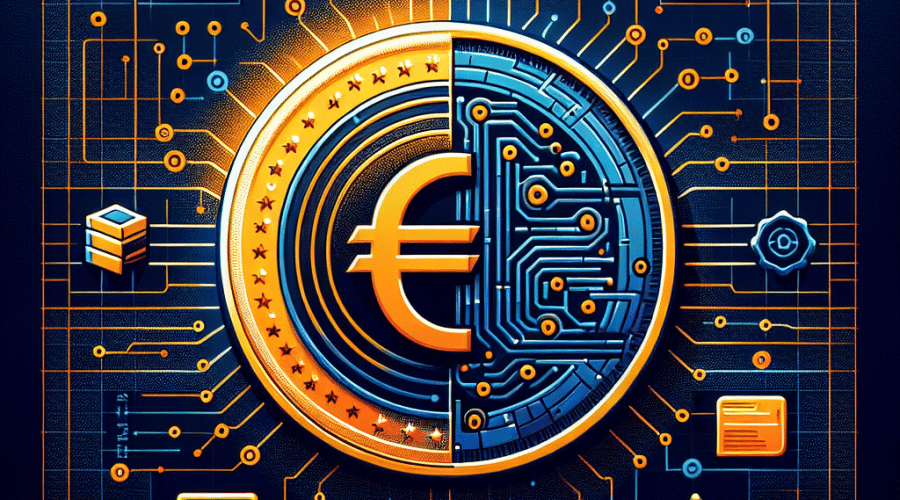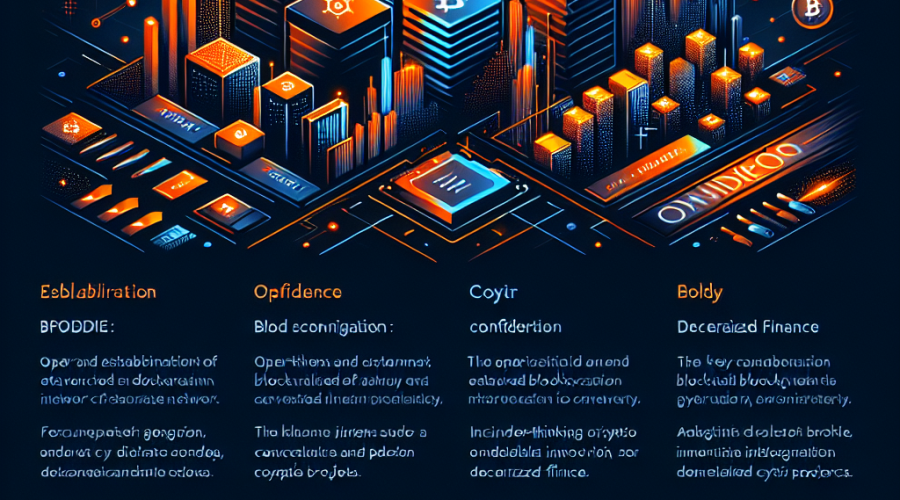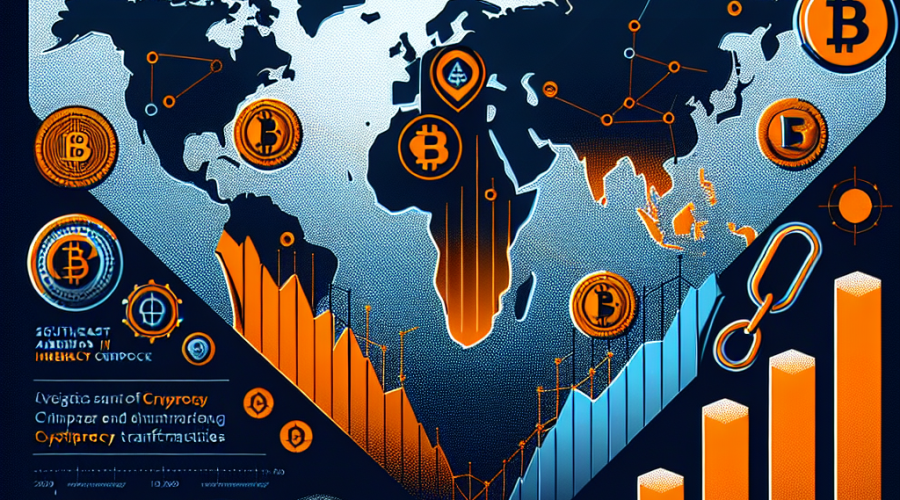At the peak of its popularity, the Solana-focused debit card platform, SolCard, was renowned for giving users the liberty to spend their cryptocurrency without the need for the Know Your Customer (KYC) requirements. However, in a sudden change of policies last month, the platform paused this crucial feature. SolCard branded this move as an upgrade, albeit it has brought out mixed reactions from the users. A SolCard spokesperson sought to assure users that the change is temporary and it’s geared towards revamping the platform.
SolCard’s stance on the non-KYC policy
The SolCard spokesperson reaffirmed that they plan to stay non-KYC and the platform shall be functional with this attribute soon. But, the communication failed to capture the duration that this change would take, creating a sense of uncertainty among the users. This reaction was witnessed when various SolCard users who had not verified their identities on the platform found that their virtual Visa cards had disappeared from the SolCard mobile app.
SolCard Introduction of a Full Access system
A June 18 company update from SolCard introduced “SolCard Full Access”, which serves to elucidate the situation. The Full Access level for SolCard users entails identity verification. It was also communicated that SolCard would henceforth issue new Visa cards supporting Apple Pay and Google Pay solely to users in the verified tier. This was pegged on a requirement from their banking partners.
Frozen Visa Cards
The SolCard team added that any frozen Visa cards permit fund transfers or refunds, and the users have the opportunity to upgrade to Full Access, translating to verifying their identity, to unfreeze them.
Before this change, one could generate a virtual Visa card on the platform with no identity verification. Users were subjected to a 5% fee to load their cards with SOL, USDT, or USDC. They also had to part with a 2% fee on foreign currency purchases, with a monthly cap of $10,000.
SolCard’s position on KYC-free services
While it is evident that KYC-free cards are becoming a hit, SolCard is not the sole platform offering these services. Firms like BingCard and Laso Finance also provide cards that don’t require ID verification. This trend has charmed users who wish to uphold their privacy or bypass detection by tax authorities. Nevertheless, SolCard has capitalized on the Solana ecosystem and awarded a 50% referral discount on issuance fees. This strategy has placed it at a significant competitive edge.
A comment by rival crypto card KAST founder
Raagulan Pathy, founder of rival crypto card KAST, foresaw that an increasing number of card programs will be closed down. He stated most crypto companies are not structured to produce fintech products. This standpoint was also echoed by Jamie Elkaleh, chief marketing officer at Bitget Wallet, who noted that while there remains some room for non-KYC crypto solutions, that place is shrinking fast, both technically and legally.
Summing up, the regulation landscape is shifting in the blockchain and cryptocurrency industry. As more centralized actors enter the market, complying with the set regulations is becoming an important factor. While it’s a complex process, brands like SolCard recognize that the growth and acceptance of crypto are pegged on adhering to regulations without compromising the foundational principles of cryptocurrency.


